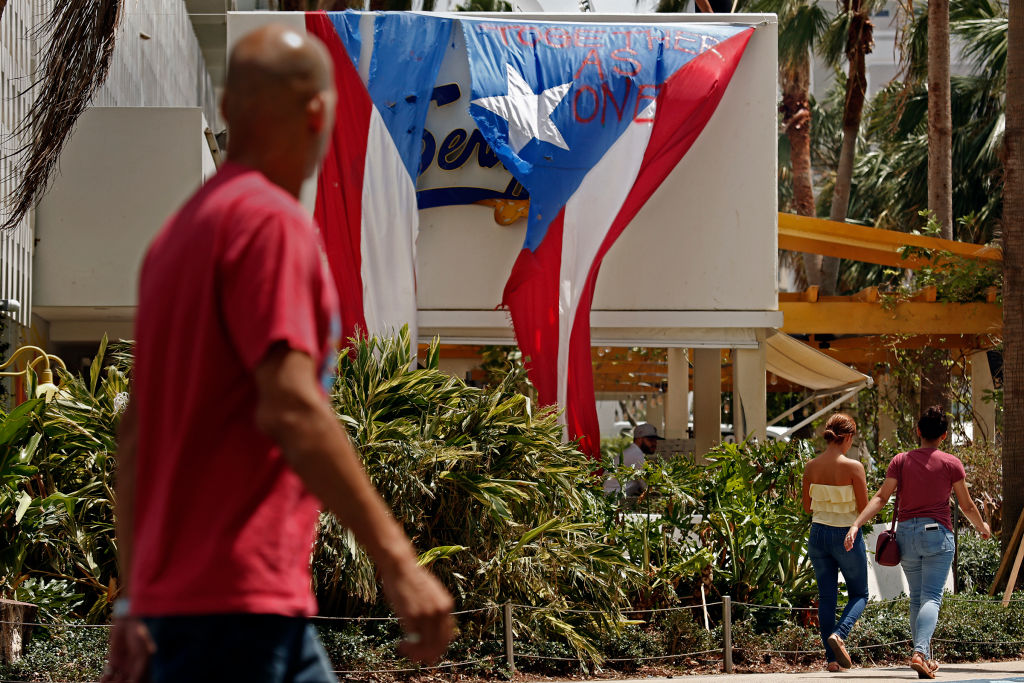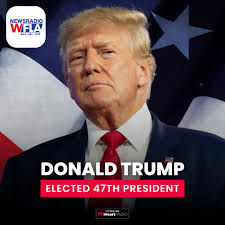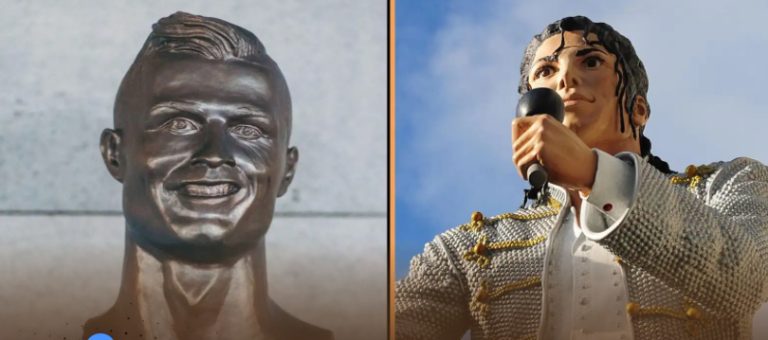
Donald Trump’s recent dismissal of six members of Puerto Rico’s Financial Oversight and Management Board (FOMB) has reignited debates about the island’s colonial status and political autonomy. Critics argue that the issue isn’t merely who Trump decided to fire, but rather the very existence of the FOMB — a body viewed by many as an extension of U.S. colonial control over Puerto Rico. Established under the Puerto Rico Oversight, Management, and Economic Stability Act (PROMESA) in 2016, the board was meant to manage the island’s crippling debt crisis. However, it has instead come to symbolize Washington’s continued dominance over Puerto Rican self-governance.
Earlier this month, three dismissed FOMB members — Andrew G. Biggs, Arthur J. Gonzalez, and Betty A. Rosa — were reinstated after a federal court ruled that their removal was unlawful. Judge María Antongiorgi-Jordán concluded that Trump’s abrupt firings violated PROMESA’s stipulation that board members can only be removed “for cause.” The White House had failed to provide a valid legal justification for the dismissals until nearly two months later. This ruling exposed the fragility of the FOMB’s political standing and the tension between executive power in Washington and Puerto Rico’s right to due process under U.S. law.
The FOMB was originally justified as a technocratic measure to restore fiscal discipline and restructure Puerto Rico’s $70 billion public debt. Yet, in practice, it has wielded sweeping control over the island’s budget, pensions, and public services, often overruling the decisions of elected Puerto Rican officials. Many local leaders and activists see this as a modern form of colonial governance, where unelected U.S.-appointed officials dictate the economic future of a population that lacks full representation in Congress.
The legal battle surrounding Trump’s firings has deepened these contradictions. While the court’s decision temporarily restores order within the board, it also raises fundamental questions about the legitimacy of PROMESA and the broader U.S.-Puerto Rico relationship. If the FOMB itself can be manipulated or dismissed at the whim of federal authorities, Puerto Ricans are left wondering who truly governs their island — their own elected leaders or Washington-appointed technocrats.
Ultimately, the controversy highlights the enduring colonial logic underpinning U.S. policy toward Puerto Rico. The FOMB’s existence reflects a system in which economic oversight and political control are intertwined, reinforcing dependency rather than self-determination. As debates over Puerto Rico’s future continue, the FOMB stands as both a symptom and a symbol of the island’s struggle for genuine sovereignty in the shadow of American power.






